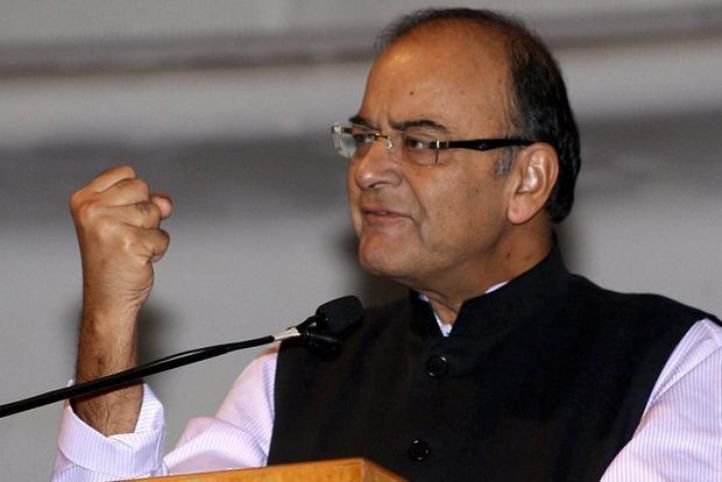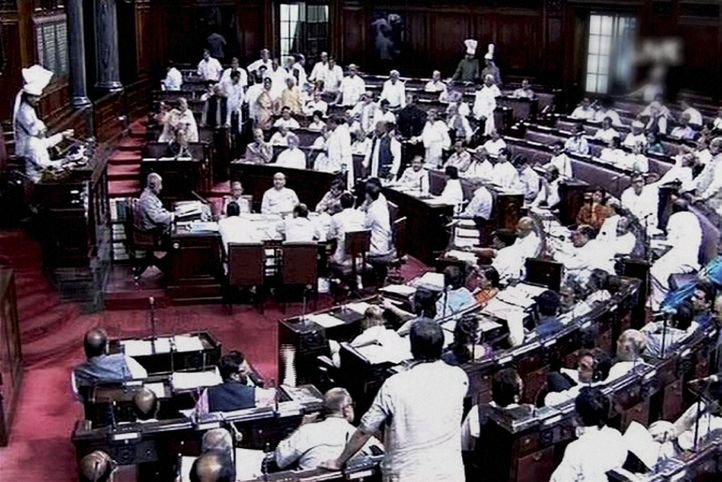The Black Money (Undisclosed Foreign Income and Assets) and Imposition of Tax Bill, 2015, was passed in Rajya Sabha on Wednesday, May 13, a week after its approval in the Lok Sabha.
The Bill which aims at keeping a check on the money that gets illegally stashed abroad through various means and modes, has strict provisions like punishment to those involved in black money transaction and tax evasion.

Various efforts and campaigns were conducted in the past to get this Bill passed. In the year 2011, Anna Hazare led anti-corruption campaign was conducted across the country in demand of the Black Money Bill. There were similar movements conducted by Yoga guru Ramdev to get the Bill amended.
In May 2012, the Government of India had published a white paper on black money, which was a clear indication of India’s effort at addressing black money and guidelines to prevent black money in the future.
The proposal for a new law on black money was announced by Finance Minister Arun Jaitley in his first full-year Budget in the month of February.
Consequences and punishment
This Bill ensures stringent measures against violators includes confiscation of properties. People indulged in concealing income and assets, tax evasion in relation to foreign assets can face rigorous imprisonment of up to 10 years. There will also be a penalty of 300 per cent of taxes on the concealed income and assets.

A flat rate of 30 per cent will be taxed on undisclosed foreign income , as per the Bill. There will be no exemption on this, under the Income Tax act, 1961.
Concealment of income related to a foreign assets will be charged with a penalty, equal to three times the amount of tax (90 per cent of the undisclosed income or the value of the undisclosed asset). It would be over and above tax at a flat rate of 30 per cent.
The non-filing of income tax returns or filing of returns with inadequate disclosure of foreign assets is liable for prosecution with punishment of rigorous imprisonment of up to seven years .
Involvement of enforcement agencies
Under the Prevention of Money Laundering Act, the Bill proposes to make concealment of income and evasion of tax in relation to a foreign asset a “predicate offence”, which will enable the enforcement agencies to attach and confiscate the accounted assets held abroad and launch proceedings.
Computation of overseas assets
The computation of tax liability on an overseas property would be on the basis of its current market price, not the price at which it was acquired.
For the overseas asset holders, a penalty of Rs 10 lakh will be imposed if failed to furnish returns of foreign income or assets. However, there will be time given to declare their wealth, pay taxes and penalties to escape punitive action.
There will be only one chance given to declare the overseas assets, after which the fines and punishment will be imposed immediately.
The Black Money Bill has been passed at a time when the country is facing corruption at all possible levels.
Will this Bill put a full stop to the fake transactions, tax-evasion and undeclared property possession abroad using tax payers money?
It can be considered as the first big step towards a corruption free India.

















